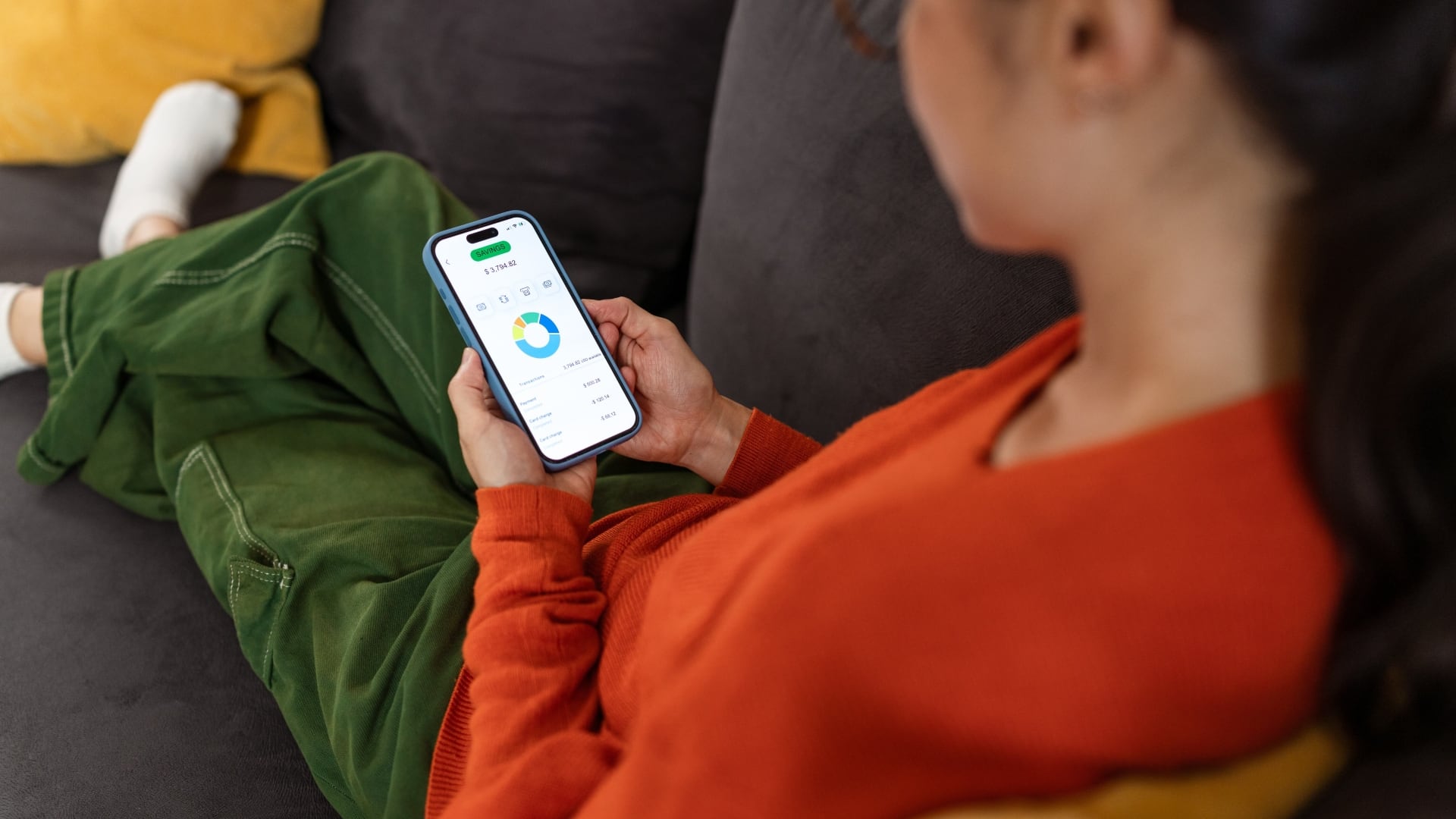*By Chloe Aiello* Orangetheory Fitness may have the signature buzz of a workout fad, but CEO Dave Long has a plan to ensure the longevity of the fitness franchise ー and of its members. His idea? Data. "Our goal is to really gather as much data [as possible] for our members and then allow them to share that with others ー whether it be their health-care provider or their other partner or brand that they love. We want them to have access to that data so they can use it for other things," Long told Cheddar Friday. Orangetheory offers interval fitness classes that force members to switch between timed running on treadmills, rowing on machines, and working with weights and resistance bands on mats. Class participants wear fitness trackers that monitor their heart rates and aim to log a certain amount of minutes in the "orange zone," which Orangetheory claims boosts metabolism and caloric burn. Long's comments come on the heels of a several technological innovations for the fitness franchise. One, called OTconnect, creates a platform for members to track data they generate in class. Long said Orangetheory is rolling out OTconnect for treadmills now, and will focus on rowers next year. Long said, eventually, he aims to give members power over their own data. "We definitely think of ourselves as a very open-source platform. We want to work with other partners around the globe that are looking to be a part of the human's overall wellness package," he said. "We kind of look at wellness as a buffet, where people are grabbing and choosing different things," he added. Orangetheory also motivates its members with a series of creative challenges. Come Nov. 4, the fitness franchise is celebrating Daylight Saving Time by encouraging members to use that extra 25th hour day to work out. For full interview [click here](ttps://cheddar.com/videos/ceo-of-orangetheory-fitness-on-utilizing).












